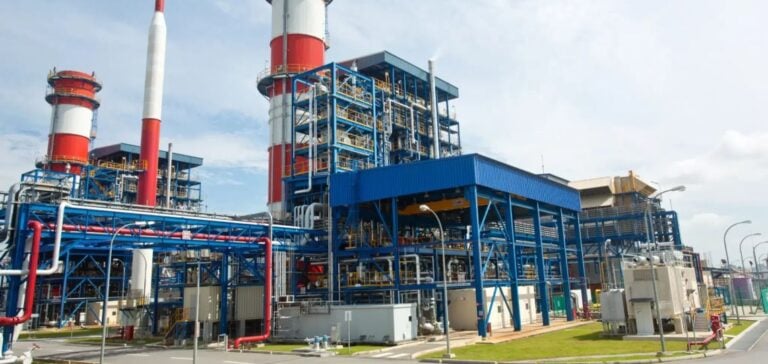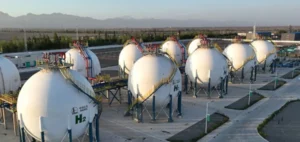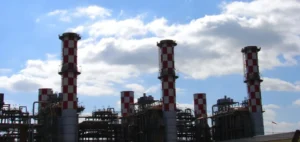Singapore’s energy transition takes a significant leap forward with the awarding to PacificLight Power of the development of a combined cycle gas turbine (CCGT) plant capable of integrating hydrogen. With an announced capacity of at least 600 MW, this facility, located on Jurong Island, will contribute to the stability of the electric grid and the national goal of reducing carbon emissions.
A Strategic Technological Advancement
Designed to initially operate with at least 30% hydrogen, the plant will be able to transition to 100% hydrogen in the future. The integration of a Battery Energy Storage System (BESS) also marks a first in Singapore, offering a hybrid solution that combines operational flexibility and energy optimization.
The construction of this plant takes place in a context of accelerated energy transition for Singapore, where diversifying energy sources plays a crucial role in the face of geopolitical uncertainties and the evolution of global markets. The site, described as greenfield, is also sized to accommodate a second CCGT unit, paving the way for future expansions and the integration of technologies such as Carbon Capture, Utilization, and Storage (CCUS).
A Pillar of National Energy Strategy
The Energy Market Authority (EMA), a key player in Singapore’s energy policy, has designated PacificLight Power for this project due to the company’s demonstrated expertise in managing high-efficiency installations. Singapore is pursuing a strategy based on energy stability while ensuring a gradual transition to cleaner energies, thereby reducing its dependence on fossil fuels.
Beyond energy production, this project embodies a model of public-private collaboration aimed at strengthening the country’s critical infrastructure. The initiative also reflects Singapore’s commitments made at international forums to reduce its carbon footprint while meeting growing energy demand.
A Market in Full Transformation
This project is part of a global context where hydrogen is gaining importance in energy strategies, with growing interest from investors and governments for this resource. The Asia-Pacific region, where Singapore positions itself as a technological leader, could see similar infrastructures emerge in the near future.
In parallel, the integration of advanced storage capacity, combined with commitments towards hydrogen, illustrates a global trend towards hybrid solutions capable of guaranteeing flexibility and resilience. This dynamic could also influence regional policies, stimulating cross-border partnerships and innovations in the sector.






















